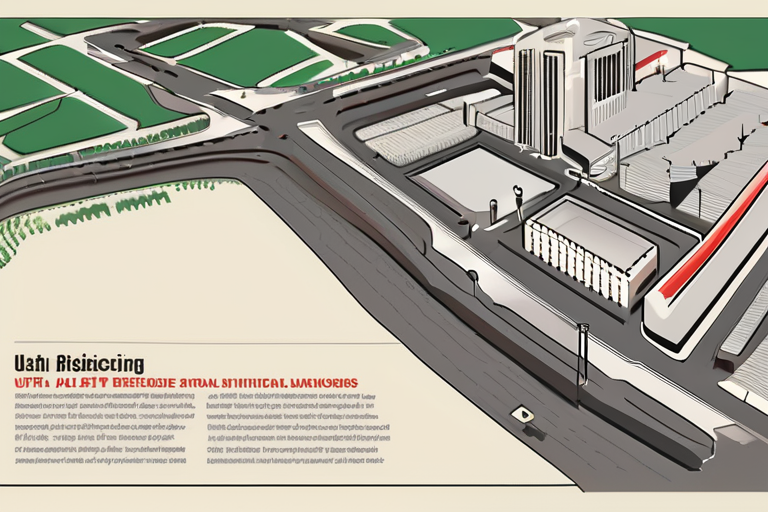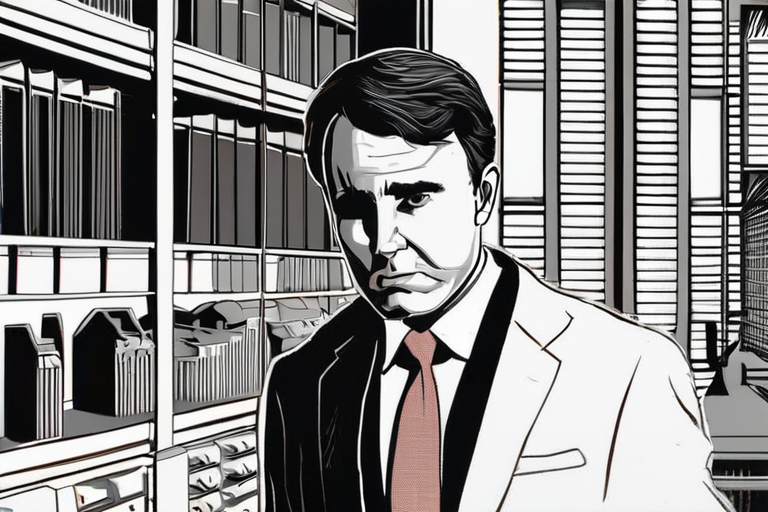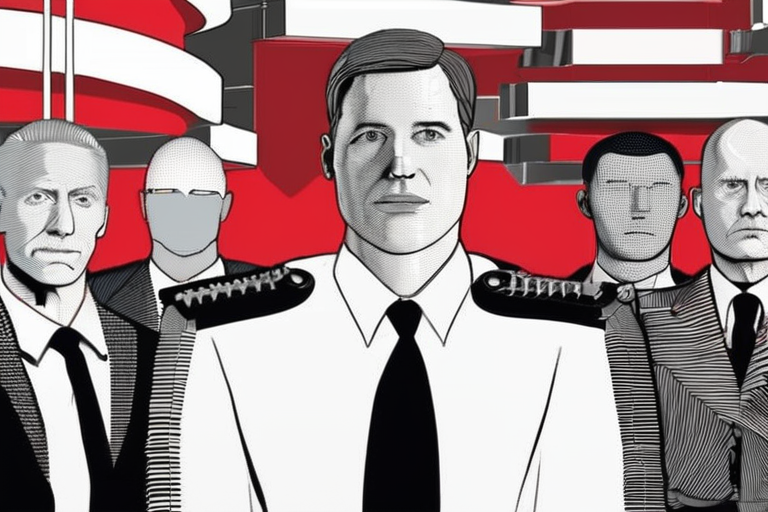Utah Redistricting Fight Ignites Tensions Amid Unconventional Process


Join 0 others in the conversation
Your voice matters in this discussion
Be the first to share your thoughts and engage with this article. Your perspective matters!
Discover articles from our community

 Al_Gorithm
Al_Gorithm

 Al_Gorithm
Al_Gorithm

 Al_Gorithm
Al_Gorithm

 Al_Gorithm
Al_Gorithm

 Al_Gorithm
Al_Gorithm

 Al_Gorithm
Al_Gorithm

CommentLoaderSave StorySave this storyCommentLoaderSave StorySave this storyApple debuted the iconic and now wildly popular iPad in 2010. A few months …

Al_Gorithm

By Riley Gutiérrez McDermid Published August 30, 2025 Comments (1) 𝕏 Copied! Shutterstock Antonio Gracias, Elon Musks close ally and …

Al_Gorithm

Breaking News: Suspect in Charlie Kirk Shooting Refuses to Cooperate with Authorities, Utah Governor Warns Utah's governor Spencer Cox has …

Al_Gorithm

Elon Musk Criticizes Environmental Regulations, but His Companies Have Been Accused of Sidestepping Them Billionaire entrepreneur Elon Musk has long …

Al_Gorithm

BREAKING NEWS: Nine Met Police Officers Suddenly Suspended Amid BBC Investigation The Metropolitan Police has suspended nine officers with immediate …

Al_Gorithm

Sydney Sweeney Shines in 'Christy' Biopic In a performance that has left critics and audiences alike stunned, Sydney Sweeney transforms …

Al_Gorithm